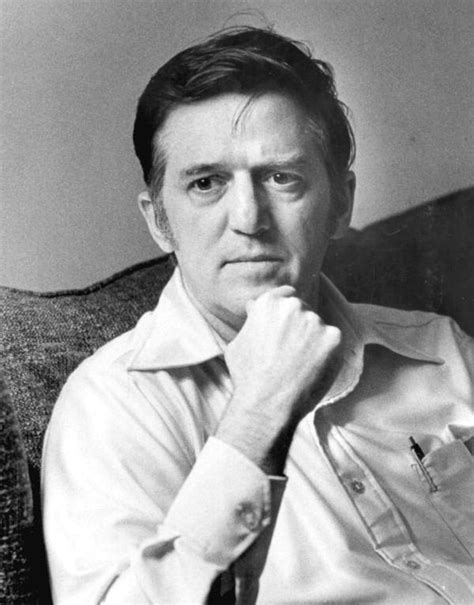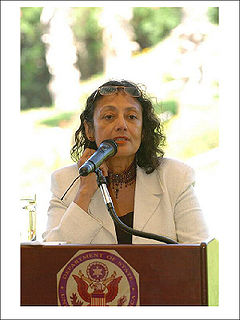A Quote by Henry Norman Hudson
Shakespeare is one of the best means of culture the world possesses. Whoever is at home in his pages is at home everywhere.
Related Quotes
Home. One place is just like another, really. Maybe not. But truth is it's all just rock and dirt and people are roughly the same. I was born up there but I'm no stranger here. Have always felt at home everywhere, even in Virginia, where they hate me. Everywhere you go there's nothing but the same rock and dirt and houses and people and deer and birds. They give it all names, but I'm at home everywhere. Odd thing: unpatriotic. I was at home in England. I would be at home in the desert. In Afghanistan or far Typee. All mine, it all belongs to me. My world.
There's competition among women everywhere you go. But back home, we understand that you can look like a variety of things and still be from the same culture. What I'm saying is that I've never felt like I was a light-skinned black woman. Never felt that way because we shared the same culture back home.
All our work in the field, in the garden, in the city, in the home, in struggle, in government-to what does it all amount before God except child's play, by means of which God is pleased to give his gifts in the field, at home, and everywhere? These are the masks of our Lord God, behind which he wants to be hidden and to do all things.
If it really was Queen Elizabeth who demanded to see Falstaff in a comedy, then she showed herself a very perceptive critic. But even in The Merry Wives of Windsor, Falstaff has not and could not have found his true home because Shakespeare was only a poet. For that he was to wait nearly two hundred years till Verdi wrote his last opera. Falstaff is not the only case of a character whose true home is the world of music; others are Tristan, Isolde and Don Giovanni.
The character of a child is formed largely during the first twelve years of his life. He spends 16 times as many waking hours in the home as in the school, and 126 times as many hours in the home as in the church. Each child is, to a great degree, what he is because of the ever-constant influence of home environment and the careful or neglectful training of parents. Home is the best place for the child to learn self-control, to learn that he must submerge himself for the good of another. It is the best place in which to develop obedience, which nature and society will later demand.



































